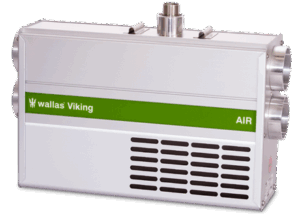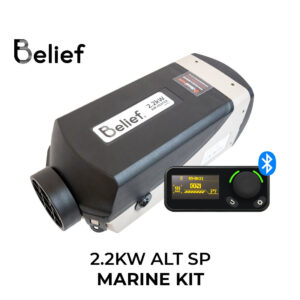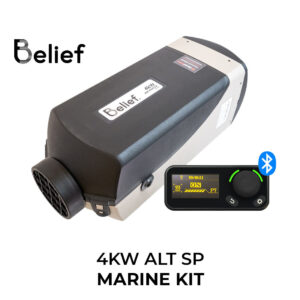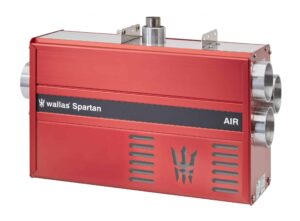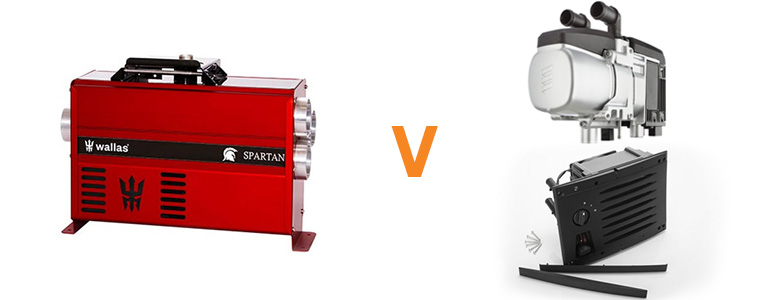
Choosing the Best Diesel Heating for Your Boat: Diesel Air vs. Diesel Hydronic Systems
Before purchasing a diesel heater for your boat, it’s essential to decide between a direct hot air heating system or a hydronic system. Hydronic systems can heat both air and water, direct air heaters focus solely on warming the air. Each system has its pros and cons, and selecting the right option impacts the overall efficiency and comfort of your boat’s heating.
Diesel Air Heating for Boats
Diesel air heating systems use a marine diesel heater to produce hot air that is distributed throughout the boat via ducting. At Dieselheat, we offer a variety of marine diesel heater kits to suit boats of different sizes.
When to choose direct air heating:
- If you’re satisfied with your boat’s current hot water system (considering its capacity, condition, and reheat time).
- When a simpler more economical solution is required.
Hydronic Air Heating for Boats
Hydronic heating systems use a diesel hydronic furnace to heat coolant, which is then circulated through fan heads to warm the boat. This system can also heat water, making it a dual-purpose option. Read more about marine hydronic systems here.
When to choose hydronic heating:
- If your boat lacks space for air ducts.
- If you need more hot water or want to generate hot water without running the engine/generator.
- If you want to incorporate solar/wind power to heat your water.
- If you want multiple zoned heating.
Pros and Cons of Direct Air Heating vs. Hydronic Air Heating
Feature
Direct Air Heating
Hydronic Air Heating
Pros
- Quickest and cheapest to install.
- Fast heat-up time, hot air spreads quickly.
- Built-in thermostats for easy temperature control in main areas.
- Provides both hot air and hot water and is more compact than having two separate systems.
- Ideal for boats where the engine/generator isn’t frequently used.
- Can integrate with existing hot water systems.
- Smaller piping is easier to install in tight spaces.
- Temperature in different areas can be controlled using the Dieselheat hydronic thermostat.
Cons
- No hot water generation.
- Not possible to control temperature in different areas.
- Larger ducts take up more space and lose more heat.
- Air distribution can be challenging due to duct size.
- More expensive than direct air systems.
- Longer start-up and warm-up times.
- Requires more fine-tuning and longer installation time.
- Hydronic fan heads don’t distribute heat as forcefully as direct air heaters.
Why Choose Hydronic Heating for Your Boat?
Hydronic systems are perfect for boats that need both air and water heating. They provide faster hot water reheat times compared to 240v systems and allow for the use of solar or wind power to heat water. Additionally, hydronic systems offer separate temperature control for different areas of the boat using a hydronic thermostat, making them more versatile.
Direct Hot Air Heating for Simplicity
On the other hand, direct air heaters are cheaper, quicker to install and have a faster heat-up time for the cabin. While they don’t provide hot water, they are an excellent solution if you’re content with your existing hot water system.
Custom Marine Heating Systems for Boats
Whether you choose direct air heating or a hydronic system, careful planning is required to ensure proper sizing of furnaces, ducting, pipe networks, and controls. At Dieselheat, we specialise in designing boat-specific heating kits that match your needs.
Still unsure? We’re passionate about providing the best diesel solutions and would love to chat about which system would work best for you! Contact us for a chat about your next marine heating project.

